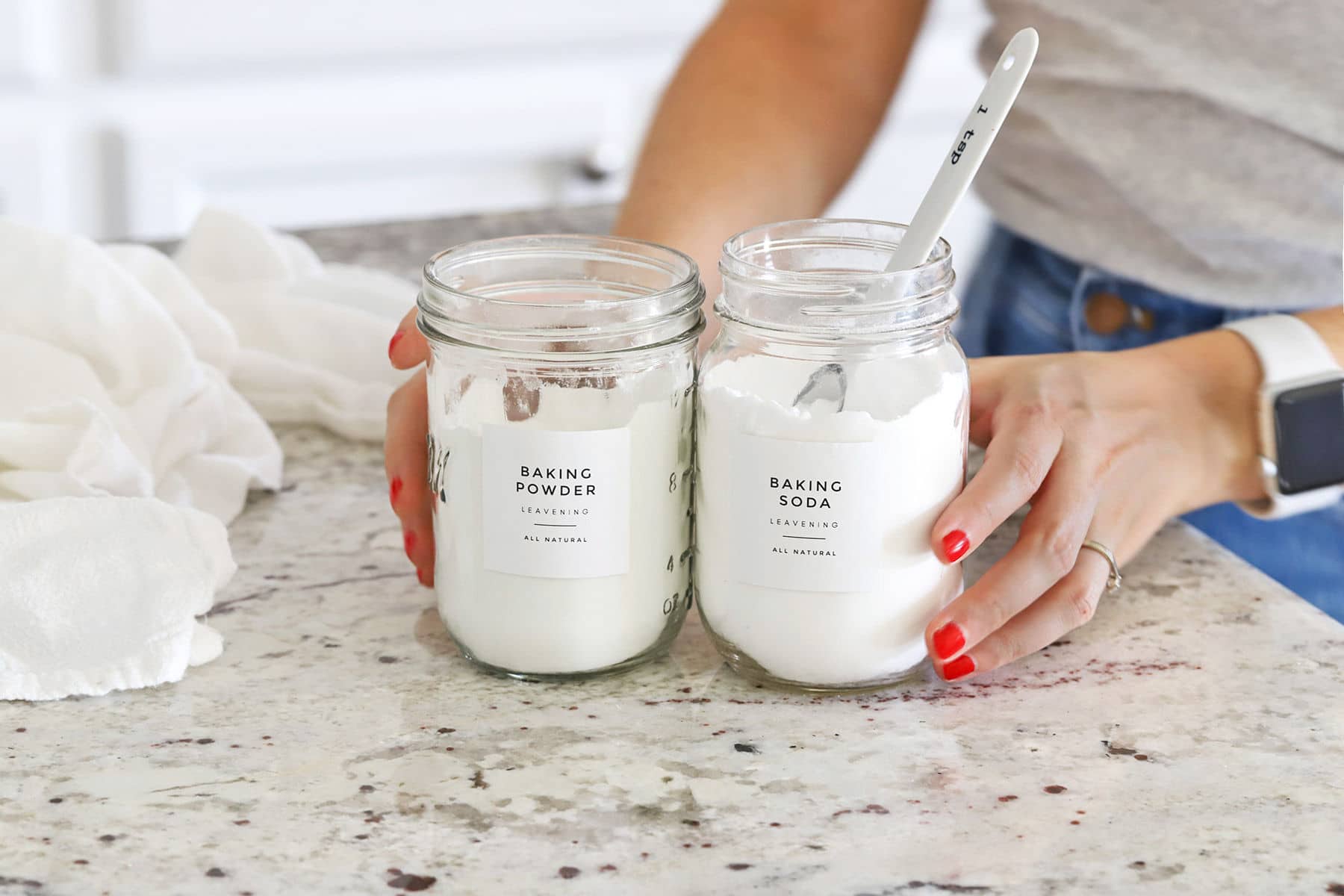

Articles
How To Store Baking Powder Long Term
Modified: May 6, 2024
Learn how to store baking powder long term and keep it fresh for all your baking needs. Read our informative articles on proper storage techniques.
(Many of the links in this article redirect to a specific reviewed product. Your purchase of these products through affiliate links helps to generate commission for Storables.com, at no extra cost. Learn more)
Introduction
Baking powder is a staple ingredient in many kitchens, used to leaven baked goods and give them a light and fluffy texture. However, if not stored properly, baking powder can lose its effectiveness and result in flat and dense baked goods. To ensure the longevity of your baking powder and maintain its quality, it is important to store it correctly.
In this article, we will explore the best practices for storing baking powder long term, so you can enjoy its leavening power whenever you need it. We will discuss the factors that can affect the shelf life of baking powder and provide various storage techniques to keep your baking powder fresh for an extended period.
Whether you are an avid baker or just an occasional one, these tips will come in handy in preserving the quality of your baking powder and ensuring successful baking endeavors.
Key Takeaways:
- Proper storage techniques such as freezing, vacuum sealing, and using airtight containers can extend the shelf life of baking powder, ensuring consistent leavening power for your baked goods.
- Performing a simple freshness test using hot water can help determine if your baking powder is still effective, allowing for adjustments in recipe quantities and maintaining baking success.
Read more: How To Store Powdered Eggs Long Term
Understanding Baking Powder Shelf Life
Baking powder is a combination of a base, an acid, and a starch. When mixed with moisture and heat during baking, it produces carbon dioxide gas, causing the dough or batter to rise. However, over time, the chemical reactions within baking powder can become less efficient, resulting in a decrease in its leavening power.
Like many other food products, baking powder has a shelf life. The shelf life refers to the period during which the baking powder is expected to retain its freshness and effectiveness. Most baking powder brands have a recommended shelf life of about 9 to 12 months from the date of manufacture.
It is important to note that the shelf life of baking powder can vary depending on the brand and formulation. Some brands may have a longer shelf life, while others may have a shorter one. Additionally, the shelf life can be influenced by various factors, such as storage conditions and exposure to moisture and air.
Factors Affecting Baking Powder’s Longevity
Several factors can affect the longevity of baking powder and its ability to retain its leavening power. Understanding these factors can help you make informed decisions when it comes to storing your baking powder.
1. Moisture: Moisture is the biggest enemy of baking powder. When exposed to moisture, the chemical reactions in baking powder can be activated prematurely, resulting in a loss of its leavening ability. Therefore, it is crucial to keep your baking powder dry at all times.
2. Air exposure: Exposure to air can also accelerate the deterioration of baking powder. Oxygen in the air can react with the ingredients in the baking powder, causing it to lose its effectiveness over time. Sealing baking powder in an airtight container can help minimize exposure to air and prolong its shelf life.
3. Temperature: Extreme temperatures can impact the quality of baking powder. High temperatures can cause the ingredients to degrade more quickly, while freezing temperatures can lead to moisture condensation when the baking powder is brought back to room temperature. It is important to store baking powder in a cool, dry place away from direct sunlight.
4. Contamination: Contamination from other ingredients or substances can also affect the longevity of baking powder. Make sure to use clean utensils and containers when handling baking powder and avoid mixing it with other ingredients, as this can introduce moisture or unwanted substances.
By being aware of these factors and taking appropriate measures to protect your baking powder, you can extend its shelf life and maintain its effectiveness for a longer period.
Proper Storage Techniques for Baking Powder
To ensure the longevity and freshness of your baking powder, proper storage is essential. Here are some effective techniques to consider:
1. Freezing Baking Powder: Freezing baking powder can help extend its shelf life. Transfer the baking powder into a moisture-proof container or a zip-top freezer bag. Make sure to remove as much air as possible before sealing. Place the container or bag in the freezer. When you need to use the baking powder, allow it to come to room temperature before opening the container or bag to prevent moisture condensation.
2. Vacuum Sealing Baking Powder: Vacuum sealing is an excellent way to protect baking powder from moisture and air. Use a vacuum sealer and vacuum-seal the baking powder in a moisture-proof bag or container. This method helps to maintain the freshness and effectiveness of the baking powder for a longer time.
3. Using Airtight Containers: Store your baking powder in airtight containers to minimize exposure to moisture and air. Choose containers that are made of glass or high-quality plastic and come with a tight-fitting lid. Make sure the container is clean and dry before transferring the baking powder. Store the container in a cool and dry place, away from direct sunlight.
4. Storing Baking Powder in a Dry Place: Moisture is the biggest enemy of baking powder. Therefore, it is crucial to store it in a dry place. Avoid storing it near the sink, dishwasher, or any other area prone to high humidity. Instead, choose a cupboard or pantry with low humidity levels.
By implementing these storage techniques, you can prolong the shelf life and preserve the quality of your baking powder, ensuring that it remains effective for all your baking needs.
Option 1: Freezing Baking Powder
Freezing baking powder is a simple and effective method to extend its shelf life. By freezing baking powder, you can slow down the chemical reactions that can lead to its deterioration. Here’s how to freeze baking powder:
1. Transfer to a moisture-proof container: Start by transferring the baking powder to a container that is moisture-proof and airtight. You can use a plastic or glass container with a tight-fitting lid or a zip-top freezer bag. Make sure the container is clean and dry before transferring the baking powder.
2. Remove excess air: If using a zip-top freezer bag, squeeze out as much air as possible before sealing it. This helps to prevent moisture condensation and maintain the quality of the baking powder.
3. Label and date: It is important to label the container or bag with the date of freezing. This will help you keep track of its shelf life and ensure that you use it within a reasonable timeframe.
4. Place in the freezer: Put the container or bag of baking powder in the freezer. Make sure to place it in an area where it won’t be crushed or disturbed. Avoid placing it near the freezer door, as temperature fluctuations can affect its quality.
5. Bring to room temperature: When you need to use the frozen baking powder, allow it to come to room temperature before opening the container or bag. This prevents moisture condensation, which can affect the effectiveness of the baking powder.
By following these steps, you can effectively freeze your baking powder and extend its shelf life. Just make sure to use the frozen baking powder within a reasonable timeframe to ensure optimal leavening results in your baked goods.
Read more: How To Store Cocoa Powder Long Term
Option 2: Vacuum Sealing Baking Powder
Vacuum sealing is a great technique for preserving the freshness and effectiveness of baking powder by minimizing its exposure to moisture and air. Here’s how you can vacuum seal your baking powder:
1. Prepare a vacuum sealer: If you have a vacuum sealer, ensure that it is clean and in good working condition. If you don’t have a vacuum sealer, you can use vacuum-sealable bags with a handheld vacuum pump.
2. Transfer baking powder to a vacuum-sealable bag: Transfer the baking powder into a vacuum-sealable bag. Make sure the bag is appropriately-sized to accommodate the amount of baking powder you want to store. It’s best to use bags specifically designed for vacuum sealing to ensure a secure and airtight seal.
3. Seal the bag: Follow the instructions provided with your vacuum sealer to seal the bag. If using a handheld vacuum pump, place the pump’s nozzle in the designated spot on the bag, then use the pump to remove the air from the bag and create a vacuum seal.
4. Label and date the bag: It’s important to label the bag with the current date of vacuum sealing. This will help you keep track of its shelf life and ensure that you use it within a reasonable timeframe.
5. Store in a cool, dry place: After vacuum sealing, store the bag of baking powder in a cool, dry place away from direct sunlight. This keeps the baking powder protected from moisture and ensures its longevity.
By vacuum sealing your baking powder, you can greatly extend its shelf life and maintain its leavening power for an extended period. Remember to check the seal periodically to ensure it remains intact and airtight. When using the vacuum-sealed baking powder, be sure to reseal any unused portion promptly to maintain its freshness.
Store baking powder in an airtight container in a cool, dry place away from moisture and heat. Avoid storing it near strong-smelling foods as it can absorb odors.
Option 3: Using Airtight Containers
Storing baking powder in airtight containers is a common and effective method to maintain its freshness and longevity. Airtight containers create a barrier that minimizes exposure to moisture and air, helping to preserve the quality of the baking powder. Here’s how to properly store baking powder using airtight containers:
1. Select the right container: Choose a high-quality container made of glass or food-grade plastic, with a secure and tight-fitting lid. It’s important to ensure the container is clean and dry before transferring the baking powder.
2. Transfer the baking powder: Carefully transfer the baking powder from its original packaging to the airtight container. Use a clean and dry spoon or a small funnel to prevent any contamination or moisture from getting into the container.
3. Seal the container tightly: Make sure the lid of the container is securely sealed to create an airtight environment. Pay attention to any rubber gasket or seal on the lid, ensuring it fits properly to prevent any air or moisture from entering.
4. Label the container: Label the container with the date of transfer or expiration date from the original packaging. This helps you keep track of its shelf life and ensures you use it within a reasonable timeframe.
5. Store in a cool and dry place: Find a suitable spot in your kitchen or pantry to store the airtight container. Keep it away from direct sunlight and sources of high heat, as extreme temperatures can affect the quality of the baking powder.
By storing baking powder in airtight containers, you can protect it from moisture, air, and other contaminants that could compromise its effectiveness. This method is convenient and allows for easy access whenever you need baking powder for your culinary creations.
Option 4: Storing Baking Powder in a Dry Place
One of the simplest yet effective ways to store baking powder is by keeping it in a dry place. Moisture is the main culprit when it comes to diminishing the shelf life and quality of baking powder. By storing it in a dry environment, you can protect it from moisture and maintain its effectiveness for a longer period. Here’s how to store baking powder in a dry place:
1. Select a dry storage location: Choose a spot in your kitchen or pantry that is known for its low humidity levels. Avoid areas near sinks, stovetops, dishwashers, or any other sources of moisture. A well-ventilated cupboard or pantry shelf is ideal for storing baking powder.
2. Keep away from direct sunlight: Exposure to direct sunlight can elevate the temperature and create a warm, humid environment. To prevent this, select a storage location that is away from direct sunlight. Sunlight can also cause the baking powder to deteriorate more quickly.
3. Seal the original packaging: If you prefer to keep baking powder in its original packaging, ensure that it is properly sealed after each use. Most commercial baking powder products come in tightly sealed containers or resealable pouches. Squeeze out any excess air and tightly seal the packaging to maintain its dryness.
4. Consider using an airtight container: If you prefer additional protection, you can transfer the baking powder to an airtight container. Follow the same guidelines discussed in Option 3, using airtight containers. This method provides an extra layer of defense against moisture and air exposure.
5. Monitor the storage conditions: Regularly check the storage location to ensure it remains dry. If you notice any signs of humidity or moisture, such as condensation or water droplets, consider relocating the baking powder to a drier spot.
By storing baking powder in a dry place, you can prolong its shelf life and maintain its effectiveness. Remember to always seal the packaging tightly or use airtight containers to minimize moisture exposure and keep it fresh for all your baking needs.
Additional Tips for Extending Baking Powder’s Lifespan
Aside from the storage techniques mentioned earlier, there are a few additional tips you can follow to further extend the lifespan of your baking powder:
1. Keep baking powder away from strong odors: Baking powder can absorb odors from strong-smelling foods like onions or garlic. To prevent this, store baking powder away from these items and other strongly scented ingredients.
2. Measure accurately: Using the correct amount of baking powder in your recipes is important for achieving optimal results. Avoid using expired or old baking powder as it may have lost its leavening power. Always measure accurately to ensure the desired leavening effect in your baked goods.
3. Rotate your baking powder: If you frequently bake and go through baking powder quickly, make sure to rotate your stock. Use the baking powder that has been in your pantry the longest to ensure freshness. This way, you can avoid having old baking powder sitting unused for an extended period.
4. Store in individual serving sizes: If you only need small amounts of baking powder for your recipes, consider dividing it into individual servings before storing. This minimizes exposure to air and moisture each time you open the container, helping to maintain the freshness of the remaining baking powder.
5. Check for clumps: Over time, baking powder can develop clumps due to moisture exposure. Before using the baking powder, check for any clumps and break them apart using a fork or sieve. This will ensure that the baking powder is evenly distributed and avoids any potential inconsistency in leavening power.
By following these additional tips, you can maximize the lifespan of your baking powder and ensure its effectiveness in your baking endeavors. By storing it properly and using it accurately, you’ll be able to enjoy light, fluffy, and perfectly risen baked goods every time.
Read more: How To Store Baking Soda Long Term
Testing Baking Powder for Freshness
Over time, baking powder may lose its efficacy and fail to provide the desired leavening effect in your baked goods. To ensure that your baking powder is still fresh and effective, you can perform a simple test at home. Here’s how to test the freshness of your baking powder:
1. Gather your supplies: You will need a small cup or bowl, water, and some baking powder. Make sure the baking powder you are testing is at room temperature.
2. Add water to the baking powder: Take about 1/2 teaspoon of baking powder and place it in the cup or bowl. Then, add 1/4 cup of hot water to the baking powder. Thoroughly stir the mixture to dissolve the baking powder.
3. Observe the reaction: If the baking powder is still fresh and active, it should produce a vigorous bubbling and fizzing reaction. This reaction indicates that the baking powder is capable of releasing carbon dioxide gas, which helps to leaven baked goods. If there is no or minimal bubbling, the baking powder may have lost its potency and should be replaced.
4. Interpret the results: The intensity of the bubbling is also important to note. If the reaction is weak or sluggish, the baking powder might still be usable, but it may not provide the same level of leavening power as fresh baking powder. In such cases, you may need to increase the amount of baking powder called for in the recipe to compensate for its diminished potency.
It is worth mentioning that this test is a general indication of baking powder’s freshness. It is always recommended to check the manufacturer’s guidelines and expiration date for a more accurate assessment.
By performing this simple test, you can determine if your baking powder is still fresh and capable of producing the desired leavening effect in your baked goods. If the results are unsatisfactory, it is best to replace the baking powder to ensure consistent and successful baking results.
Conclusion
Proper storage of baking powder is essential for maintaining its freshness and effectiveness. By implementing the correct storage techniques, you can extend the shelf life of your baking powder and ensure that it continues to provide the desired leavening effect in your baked goods. Whether you choose to freeze it, vacuum seal it, store it in airtight containers, or keep it in a dry place, each method helps protect baking powder from moisture, air, and other factors that can compromise its quality.
Understanding the factors that affect baking powder’s longevity, such as moisture, air exposure, temperature, and contamination, allows you to take necessary precautions to preserve its effectiveness. By avoiding excessive humidity, sealing the packaging tightly, and storing it in the right conditions, you can maximize the lifespan of your baking powder and prevent it from losing its leavening power.
Additionally, performing a freshness test using hot water can help you determine if your baking powder is still usable. This quick test gives you an indication of its potency and allows you to adjust the quantity used in your recipes accordingly.
Remember to follow proper measuring techniques, rotate your stock, and keep baking powder away from strong odors to ensure optimal results. Maintaining a fresh supply of baking powder is crucial for achieving light, fluffy, and well-risen baked goods, whether you’re making cakes, bread, or other delights.
By following the recommendations and tips provided in this article, you can confidently store your baking powder long term and enjoy consistent baking success. So, stock up on fresh baking powder, choose the storage technique that suits you best, and let the leavening magic begin in your kitchen!
Now that you've mastered storing baking powder for longevity, why not tackle another crucial area of your kitchen? Organizing your pantry closet can transform daily cooking routines, making ingredients easy to find and keeping your space tidy. Our detailed guide on pantry organization offers smart strategies and creative solutions to maximize storage efficiency. Don't miss out on these practical insights to enhance your kitchen's functionality!
Frequently Asked Questions about How To Store Baking Powder Long Term
Was this page helpful?
At Storables.com, we guarantee accurate and reliable information. Our content, validated by Expert Board Contributors, is crafted following stringent Editorial Policies. We're committed to providing you with well-researched, expert-backed insights for all your informational needs.
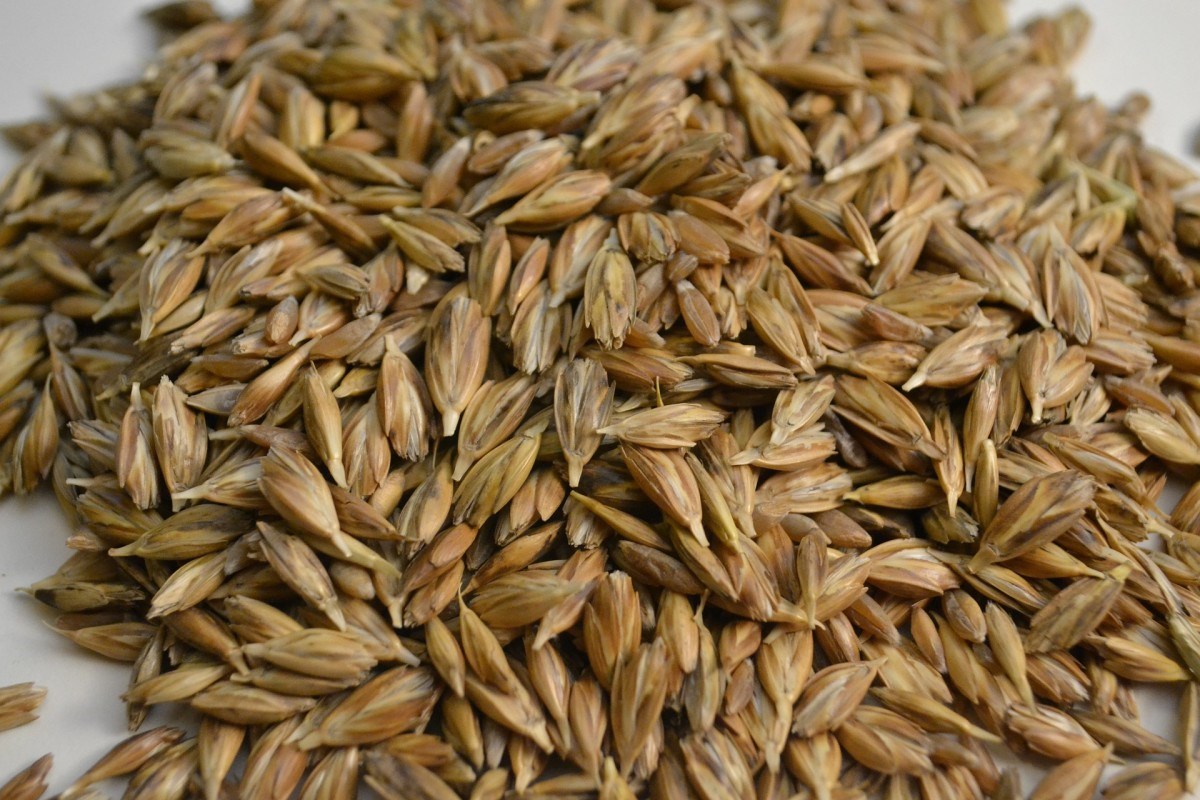
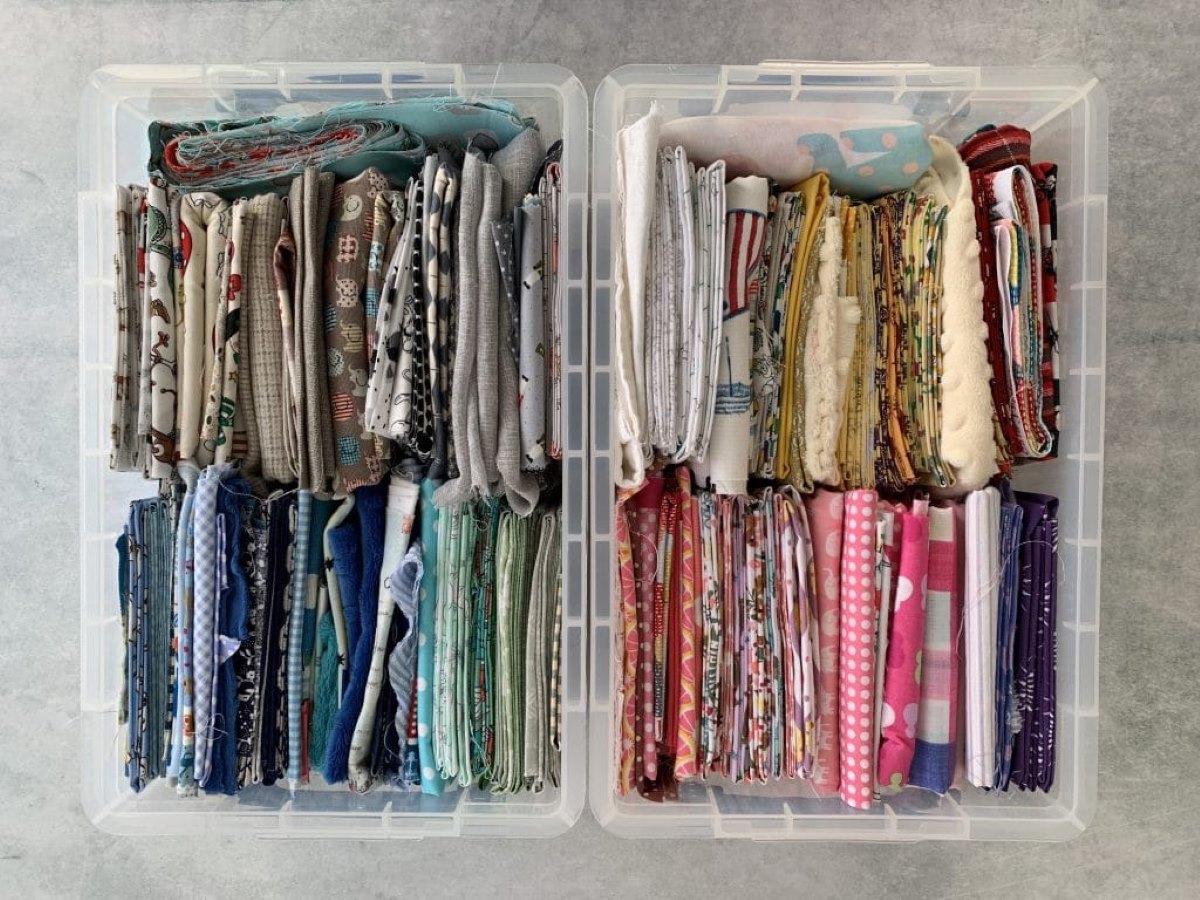



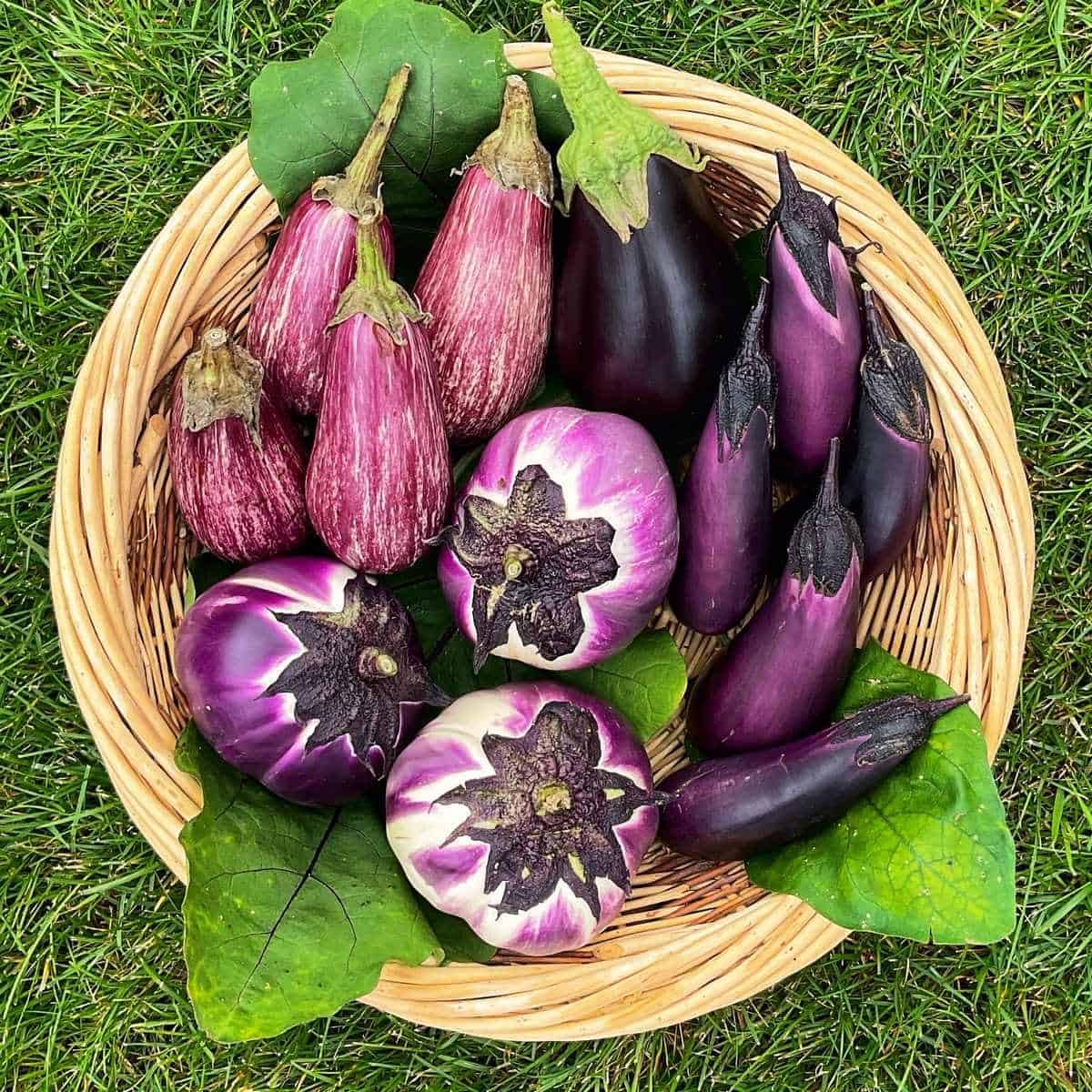
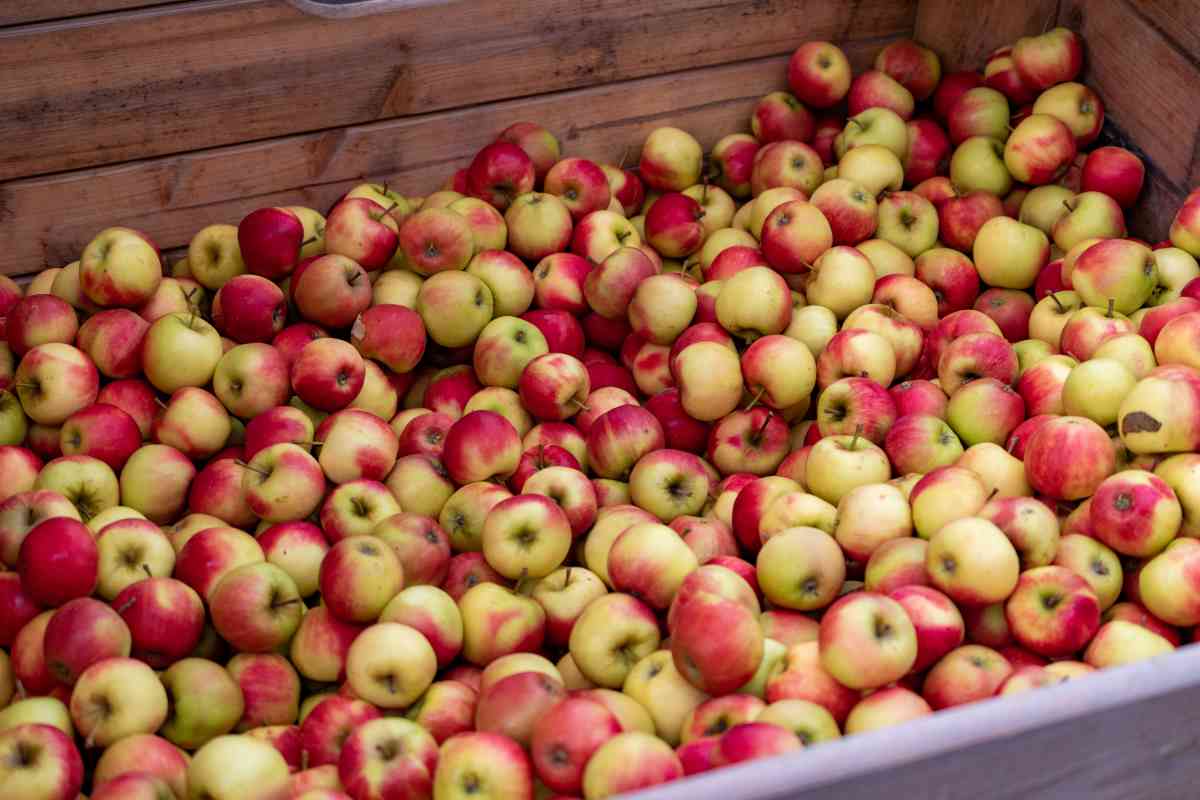
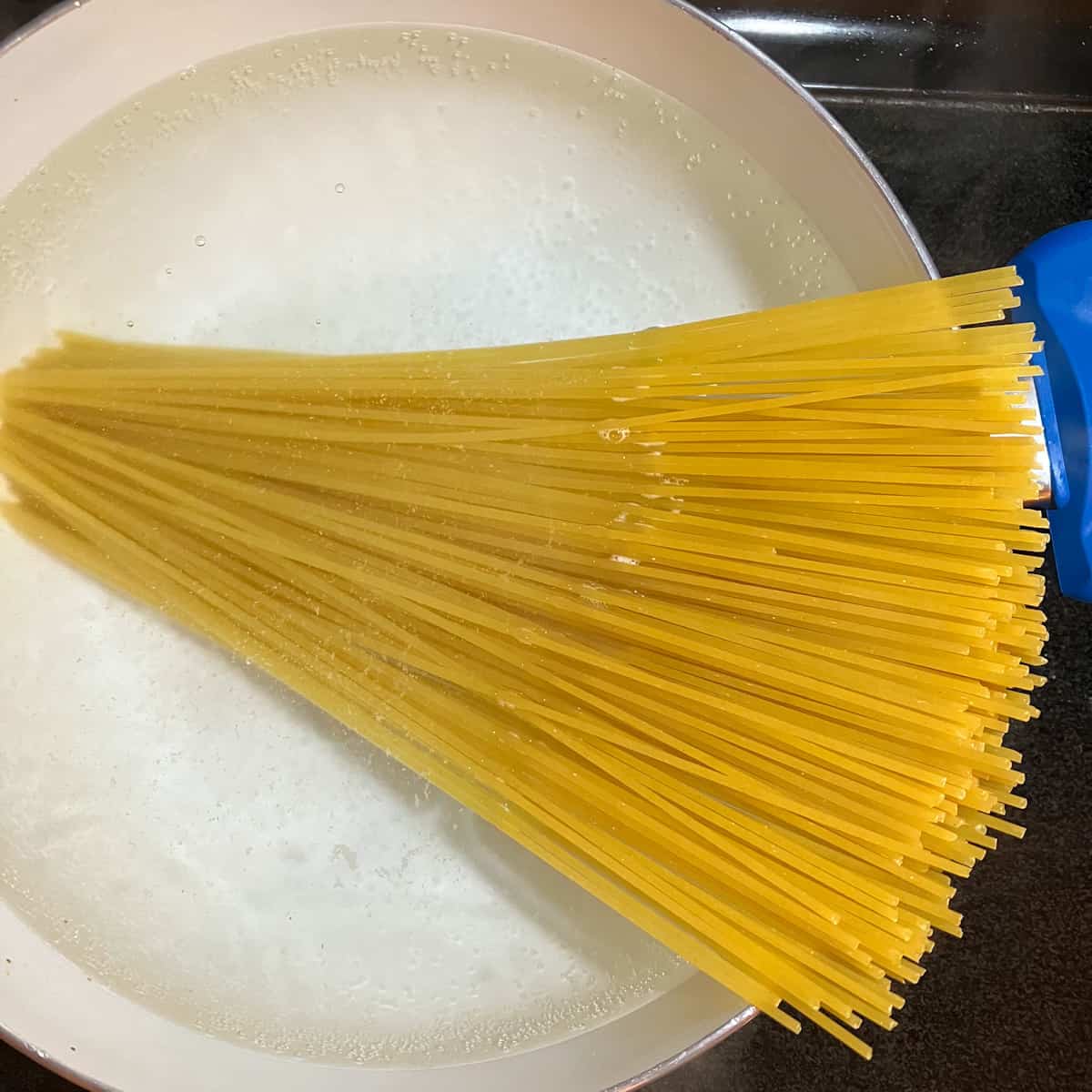
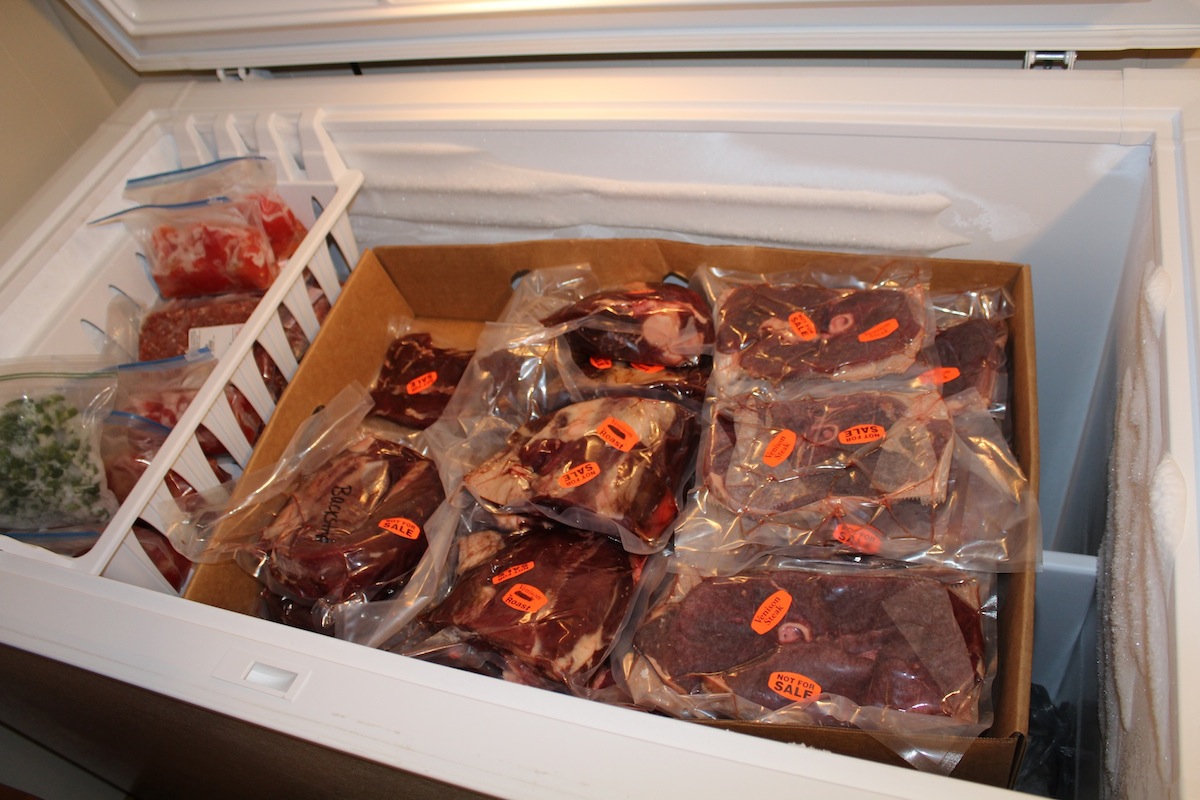

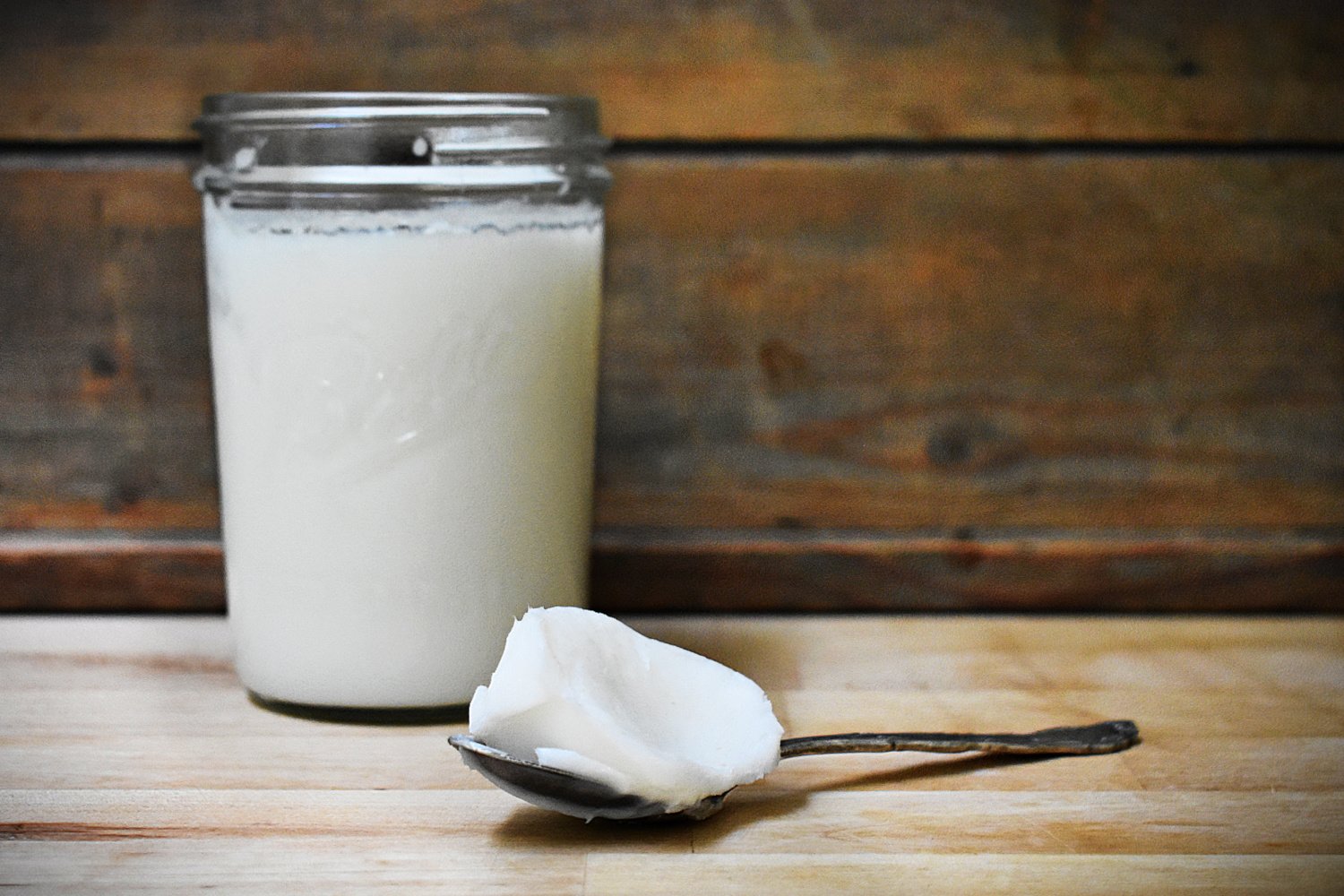
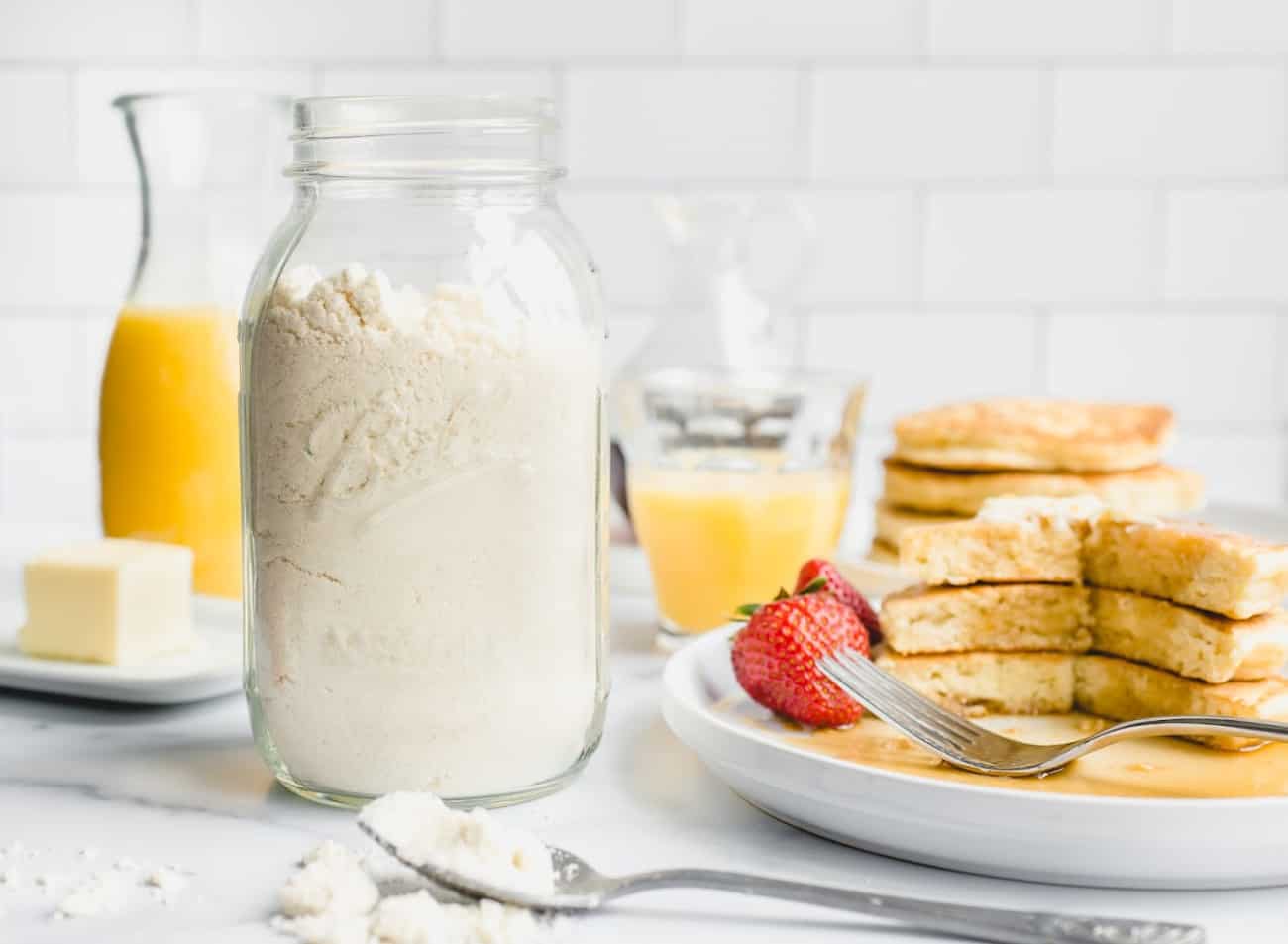
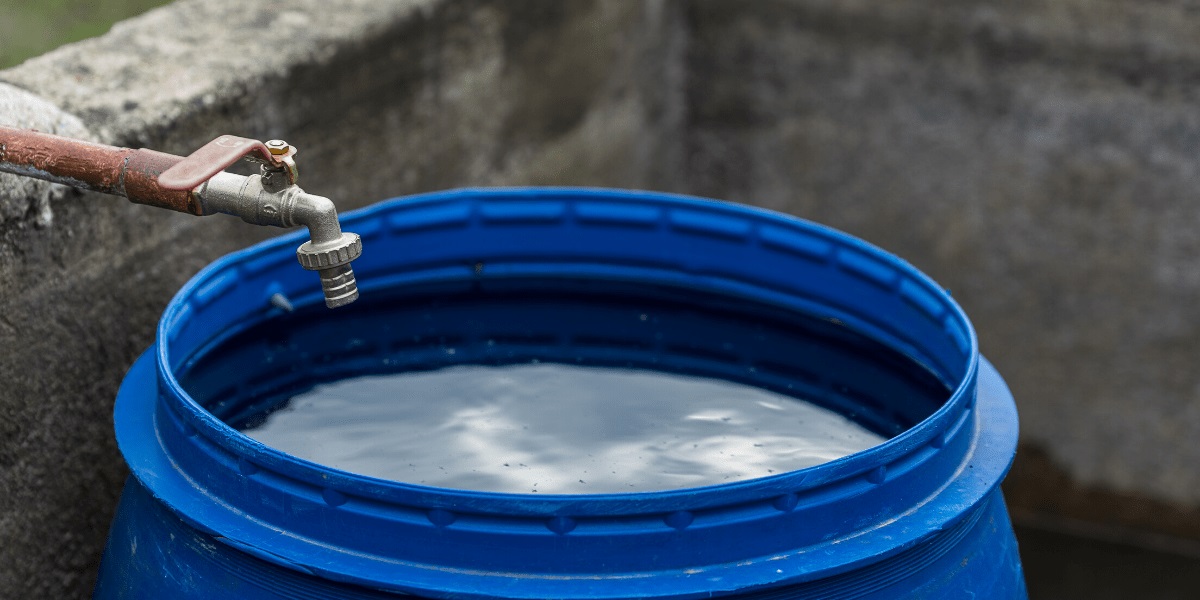

0 thoughts on “How To Store Baking Powder Long Term”